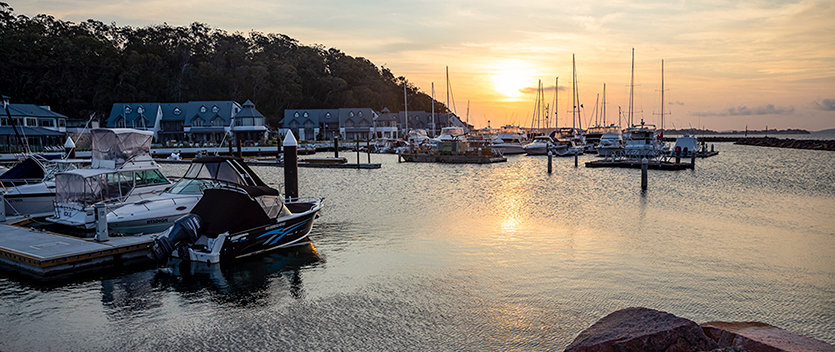To achieve the vision set out in Crown land 2031, we'll create a series of action plans every few years. This approach allows us to seize new opportunities as they arise and ensure that we're always meeting the evolving needs and expectations of the community.
First steps in delivering Crown land 2031
To reach our vision for Crown land 2031, we created the First Action Plan (PDF, 2.2 MB).
The First Action Plan has 5 focus areas. These areas tackle the foundational challenges and opportunities we face right now and set us up to improve how we manage and get the most out of Crown land in the future.
Focus areas
We want to provide an objective public value framework to guide decision-making about the use of Crown land and assets.
| Actions | |
|---|---|
| 1.1 | Build and test a public value framework that will define, measure and report on the values generated by the Crown estate. |
| 1.2 | Develop a set of measures for reporting on the public value generated by the Crown estate. |
| 1.3 | Embed public value tools and instruments to support decision-making in the access and use of the Crown estate. |
We want to make it easier for Aboriginal people to own, manage, access and work on Crown land.
| Actions | |
|---|---|
| 2.1 | Work with Aboriginal people to create opportunities to own, manage and access Crown land and be a preferred supplier of products and services. |
| 2.2 | Establish policies and practices that recognise Aboriginal cultural heritage on Crown land and support Aboriginal people’s connection to Country. This action will support all Aboriginal people’s participation in the management of Crown land. |
| 2.3 | Deliver resources and training to build capability in Crown land managers and users about Aboriginal rights and cultural connections to Crown land. |
We want to make it easier for the public to access our data.
| Actions | |
|---|---|
| 3.1 | Identify system and data improvements to enhance customer experience and improve decision-making. Improvements will provide a more reliable, secure system, adaptable for future needs. |
| 3.2 | Improve integration with other systems by combining spatial (mapping) and other land management data relating to Aboriginal interests, tenures and reserves in the one system. |
| 3.3 | Make more departmental data and spatial information accessible to customers, government agencies, industry and the public. Publicly available maps will promote better access and use of the Crown estate. |
We want to modernise asset management and land allocation, including leasing, licensing and other forms of tenure.
| Actions | |
|---|---|
| 4.1 | Design and begin delivery of a prioritised asset management framework. Key to this will be developing a risk-based approach to building a comprehensive asset register. This will start with an audit to establish what natural, cultural and built assets are in the Crown estate, and their risks and opportunities. |
| 4.2 | Develop strategies for investment in Crown land, support appropriate economic development and respond to current challenges such as housing shortages and climate change. |
| 4.3 | Develop a climate change adaptation plan to protect environmentally sensitive land and assets, and manage risk and resource allocation. |
| 4.4 | Design and deliver training, tools and assistance for Crown land managers to better manage assets for public benefit. |
We want to make it easier to do business with Crown Lands through more modern, efficient systems.
| Actions | |
|---|---|
| 5.1 | Develop and apply a strategy to optimise customer service through more modern, efficient systems that allow for self-service and easy information access. |
| 5.2 | Review and reform customer transactions by exploring ways to streamline processes and digital capability, giving customers a range of self-service options. The department will investigate transitioning some activities to a dedicated customer service entity such as Service NSW and Revenue NSW. |
| 5.3 | Give customers clearer guidance by developing and aligning policies and procedures with Crown land 2031 priorities. |
| 5.4 | Contribute to regional tourism by promoting greater diversity of use and access through strategic initiatives, partnerships and networks. |
